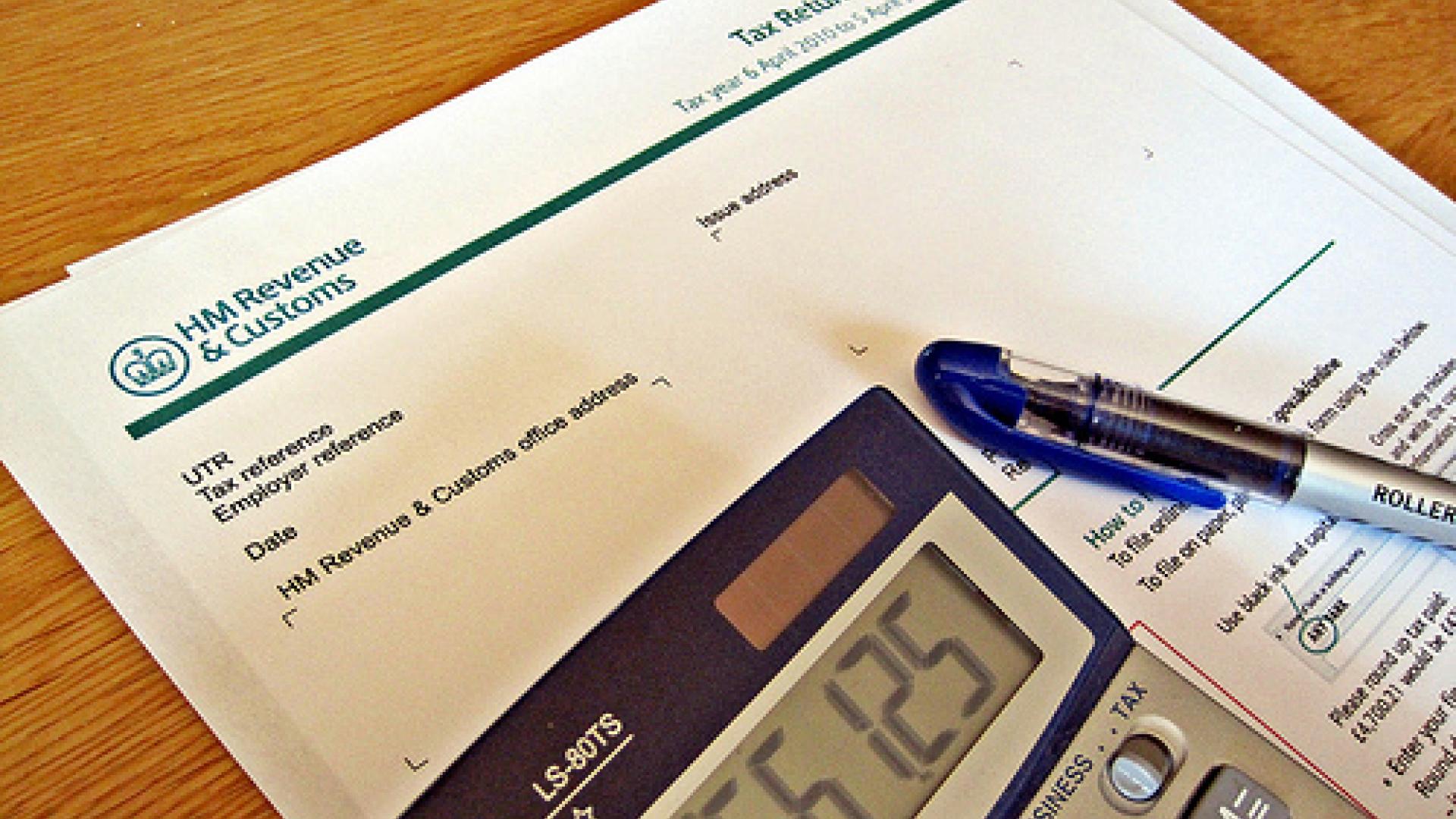Last month I opened my first pay check of the new fiscal year and it raised a few questions for me. It showed that the amount of money due to arrive in my bank account has gone up because the tax-free allowance has increased from £8,101 to £9,440.
I’d heard a lot about this tax cut over the past few months and every time a politician of Liberal Democrat or Tory persuasion mentioned it, they said they wanted to lift minimum and low wage earners out of the burden of income tax. Having given my best years to nfpSynergy, I was a little surprised to find myself benefitting from it and there could be many more people out there sharing my surprise. This money that they were not expecting to get is the very definition of expendable income, so should charities be looking to benefit from it?
The reason for my confusion was simple really. I had thought the move was essentially increasing disposable income for society’s poorest. In paying attention to the rhetoric rather than the detail, I’d missed the fact it was a universal tax cut, not one solely targeted at those most in need. I wouldn’t usually look a gift horse in the mouth, but this strikes me as something of a regressive move. It doesn’t just lift the income of those on the minimum wage, but of everyone, including those in the highest income bracket.
I’ve since found out it will be part-funded by an annual reduction in the threshold to pay the 40% rate of income tax. But even this strikes me as a bit regressive. Rather than progressively increasing tax rates as incomes go up, the Government is working back down the income scale and capturing more people in the 40% bracket, rather than raising taxes for those already in it. It could be called a stealth tax at best, a step towards a single rate of tax at worst.
My inner cynic started ignoring the soundbite about the poorest being lifted out of taxation and already often ignores the argument for ‘potential economic stimulation of increasing disposable income’ (usually made by very rich people). Instead, it can’t help but suspect the intention is to buy support, similar to the way some suspect the Labour universally distributed the winter fuel allowance to wealthy pensioners and governments before that gave child benefit to higher rate tax payers.
That said, if my cynical side is right I wonder how effective it would be. Previously, the price of a vote has been established at £500. Indeed, recent polling found that the average Scot would vote for independence if it made them £500 better off, while they’d vote to stay in the UK if they were £500 poorer.
If politicians are hoping the new tax cut will win them votes, aren’t they pitching in too low? The current tax break is worth £267 to a basic rate payer and just £83 to a higher rate payer. And are they also being too universal in their approach? At least Labour’s fuel allowance targeted age groups most likely to vote.
This brings me to my main point; the relatively low benefit for most earners in proportion to their salary. Could this be an opportunity for charities? Not for arguing with the Government for the cash, but by asking the public directly for their new-found tax riches?
For example, an older people’s charity could ask any pensioner who doesn’t need their winter fuel allowance to donate it to those from their generation who may be more in need. A housing or homeless charity could ask any mortgage payer benefiting from interest rate cuts to give what they are saving to those without stable accommodation. Virtually any charity could find a relevant reason to ask any income tax payer for their tax cut – a tax cut they may not have known they were getting or may not have noticed at all.
This is a great chance to kick-start payroll giving, asking people to give as they earn, rather than pay after they’ve earned. It could give justification for a higher request – after all, you’re only asking for money they wouldn’t really have the chance to miss.
Human psychology is also likely to help. Consider if you know someone who has purchased something using money they have saved by quitting smoking, drinking or another vice? A friend of mine has already spent the £500 she claims to have saved by not smoking this year. They'll most likely spend it rather than save it, so why not try and get them to give it to charity.
Could it be worth a go? Whether you think so or not, whether you have any better ideas, whether you agree with the tax cut or not, let me know below.
I’ll donate next month’s tax cut to the charity of choice of the person who leaves the first response!
Do you agree with VAT piece? Or is it taxing your patience? Leave us a comment below and bag Patrick's donation for your charity!
Agree with the principle of
Agree with the principle of progressive tax but not sure the issue of the raising of the tax threshold is where to start, particularly when many people in the typical salary bands have faced a reduced standard of living due to salary freezes and high inflation. My target would be people who have seen their top tax rate reduced from 50% to 45%. They cannot have ANY excuse for not giving some of that to charity.

